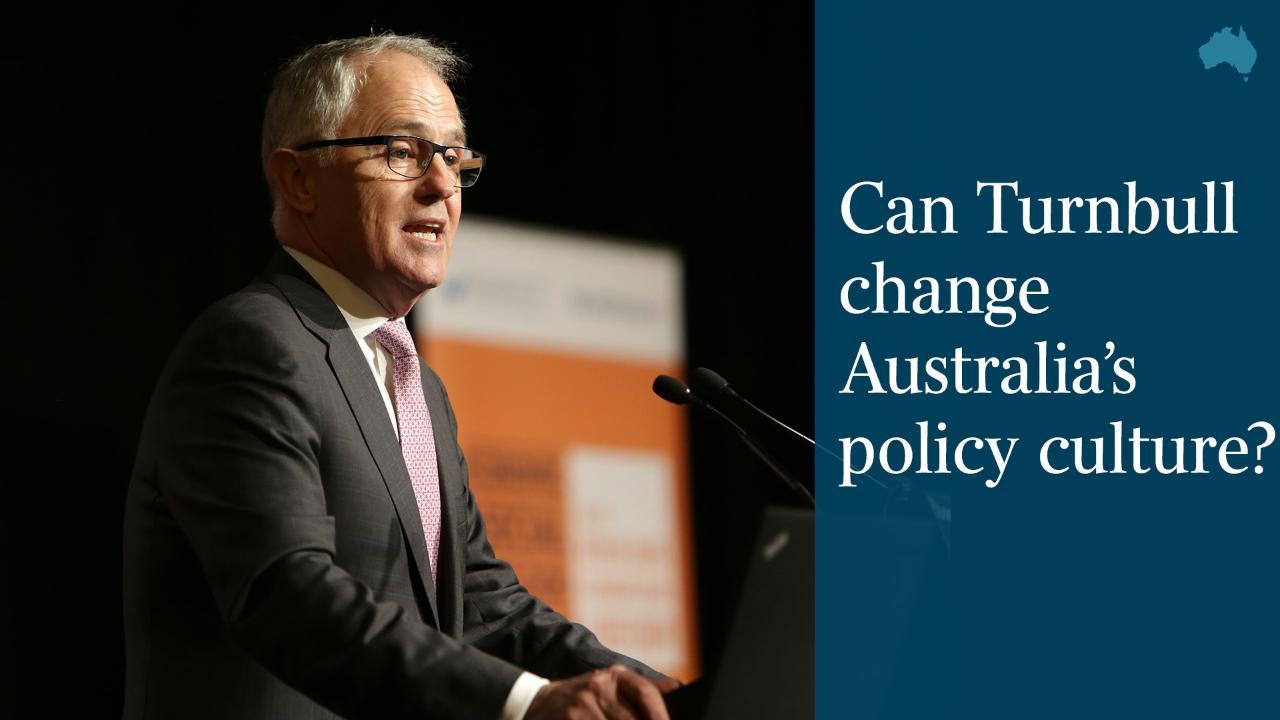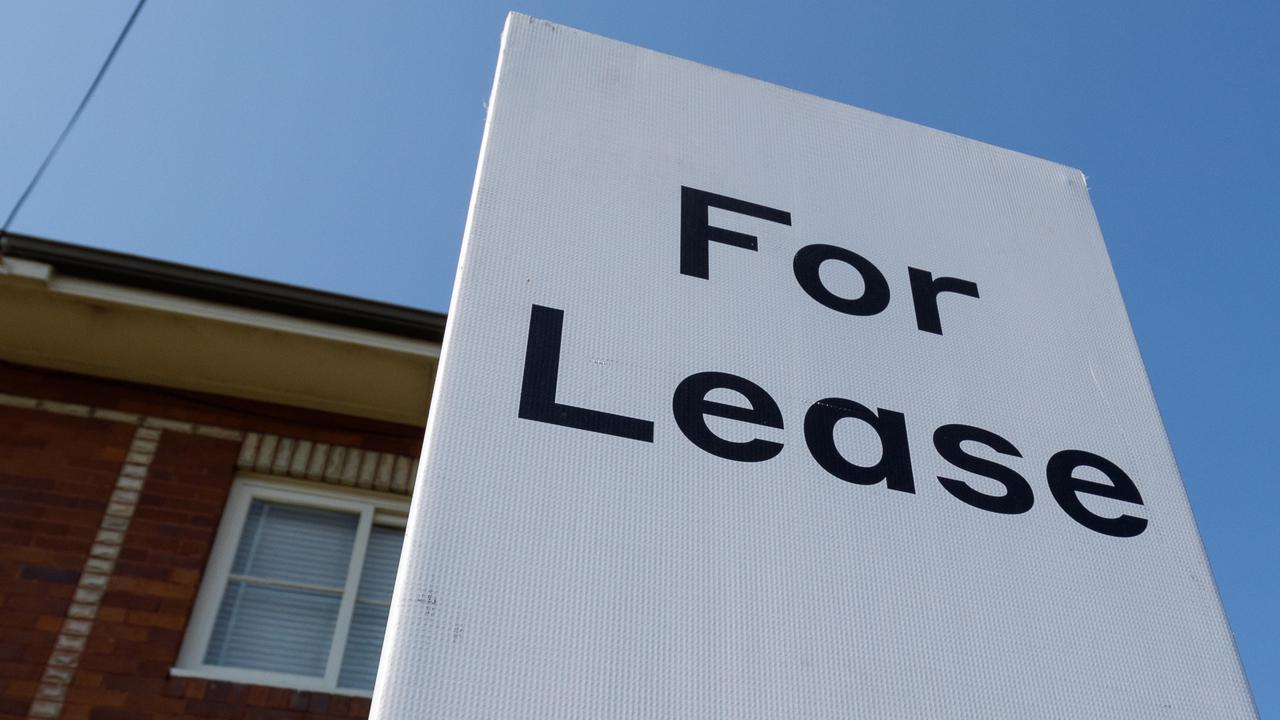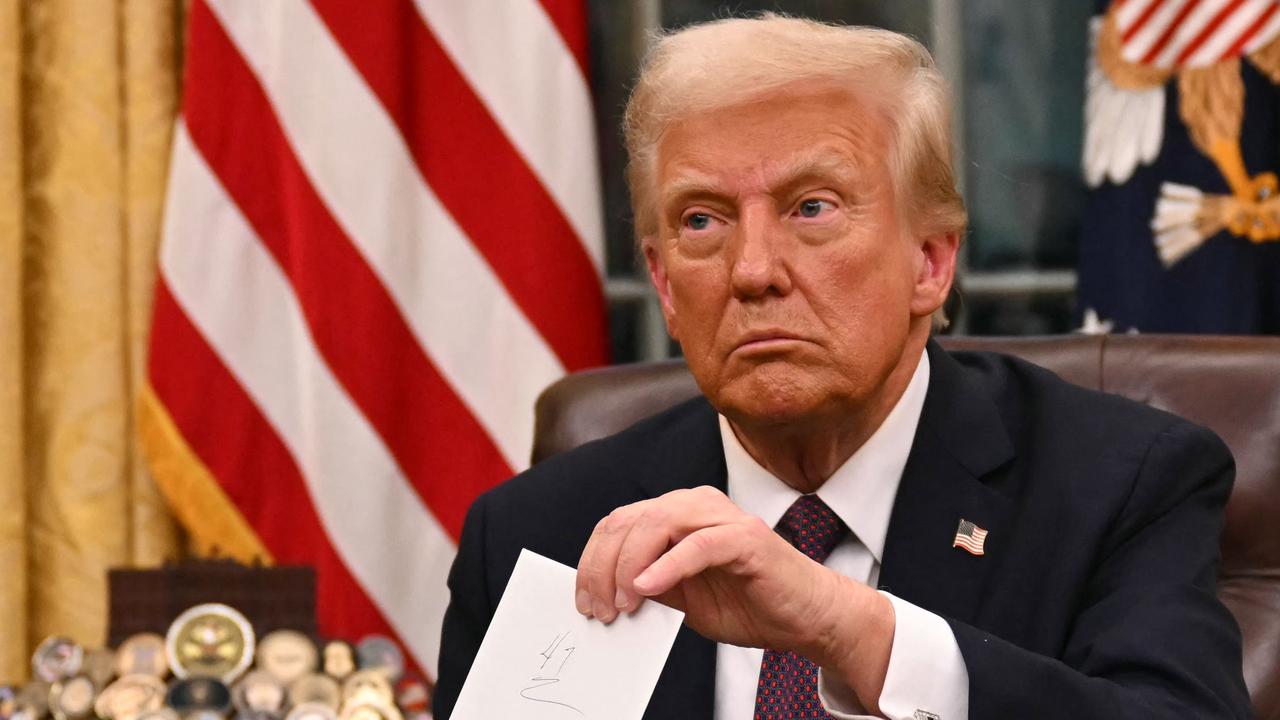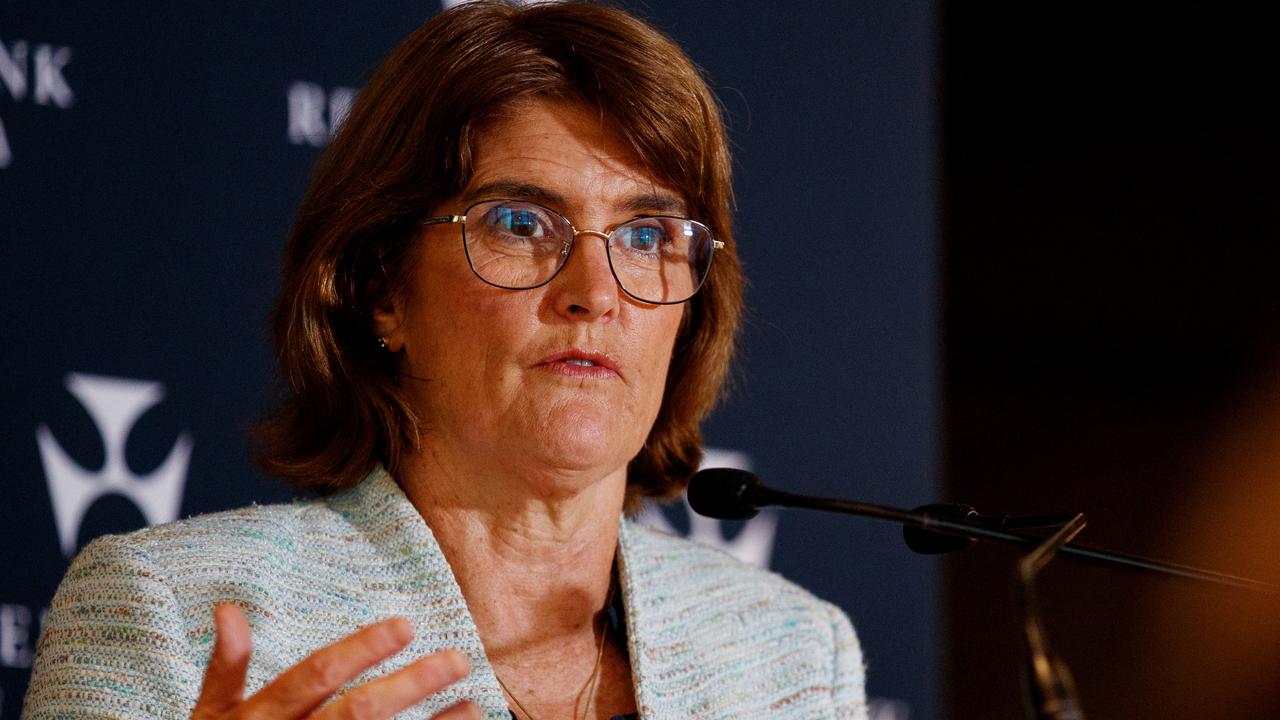How to make the tax system fairer
THERE’S been a lot of debate this week about whether to increase the GST but could taxing things that rich people buy more actually make it fairer?

DEBATE has raged this week about the fairest way to increase the GST, but could it be as simple as taxing things that rich people buy more?
“It might feel counterintuitive but the fairest change we could make to GST is to start taxing education,” an article in Crikey noted this week.
It pointed out that the rich spend 12 times more on education than the poor, and that spending was tax free.
“One objection is that this will hold back the less well-off by making education more inaccessible. That argument cannot stand while the government is providing free universal secondary school education.”
Professor Jakob Madsen of Monash University agreed that education was mostly consumed by the well-off.
“If you tax education more than you have done previously, clearly it’s not affecting the working class so in that sense I don’t mind it,” the economist said.
He also noted that education, along with health, were two of fastest growing expenditures for the government and they were both exempt from the GST.
“There’s definitely some truth in the fact that the wealthier spend more on health than the less well off and it’s getting out of hand,” he said.
Unfortunately the same was also true of fresh food, which was also exempt from GST.
But the problem with broadening the GST is that it will hit those on lower incomes the hardest, and Prof Madsen said if it was increased, it should be done alongside a review of the entire tax system and with a view to minimising the impact on the less well-off.
“If they want to increase the GST, I think they will need to increase some other taxes that will address the equity issue much better,” Prof Madsen said.
This could include a property tax based on the value of a property, which would definitely hit those living in multi-million dollar homes more.
Another option would be to increase the tax on luxury cars, which Prof Madsen said was “very little” and a “disgrace”. In Australia the tax is equal to 33 per cent of the value of the car but Prof Madsen said in Denmark people pay four or five times the price of the car.
He said lowering income tax rates as compensation would not really impact those on low incomes because they didn’t pay tax anyway.
Providing compensation to those on welfare payments was easier because you could increase the money they received, but compensating low paid workers was a challenge, Prof Madsen said.
Modelling by the National Centre for Social and Economic Modelling shows that under a 15 per cent GST, the poorest would pay the most, even with a five per cent income tax cut.
The data commissioned by the Australian Council of Social Service shows two-thirds of households on incomes of up to $100,000 would be worse off.
ACOSS says it’s not dismissing a GST hike, but wants the focus of the tax debate to be on stamp duties and business taxes.
“Fairness and simplicity would be undermined and it would do little or nothing to improve economic efficiency,” ACOSS chief Cassandra Goldie said.
In a speech at the Melbourne Institute economic and social outlook conference this week, Professor Ross Garnaut said living standards for low-income Australians were falling, along with those in other developed countries like America.
“Stagnant incomes for most people place a great strain on a democracy,” Prof Garnaut said. “Governments tend to be nasty, brutish and short.
“If there was any doubt about this simple reality, it was removed through observation of the fate of the Abbott government. We have no experience of democracy flourishing with stagnant or declining living standards for most people.”
Prof Garnaut said he thought lobbying by corporate interests was to blame.
“This is a time to be rigorously analytic about changes in taxation and public expenditure policy that are pushed by corporate interests,” he said.
Prime Minister Malcolm Turnbull told the conference that the aim of the tax system was to raise revenue needed for services but to do this in a way that “backs Australians rather than holds them back”.
The Parliamentary Budget Office has calculated the GST take would more than double to $130 billion if Australia copied New Zealand’s GST structure.
This would involve a 15 per cent rate, rather than the current 10 per cent, and extending the base to nearly 100 per cent of goods and services, from than less than 50 per cent.
The Federal Government was quick to say this wasn’t policy. But it has stirred debate.
Mr Turnbull also underlined the importance of fairness in selling any changes.
“Any package of reforms which is not and is not seen as fair will not and cannot achieve the public support without which it simply will not succeed,” he told the Melbourne Institute.



